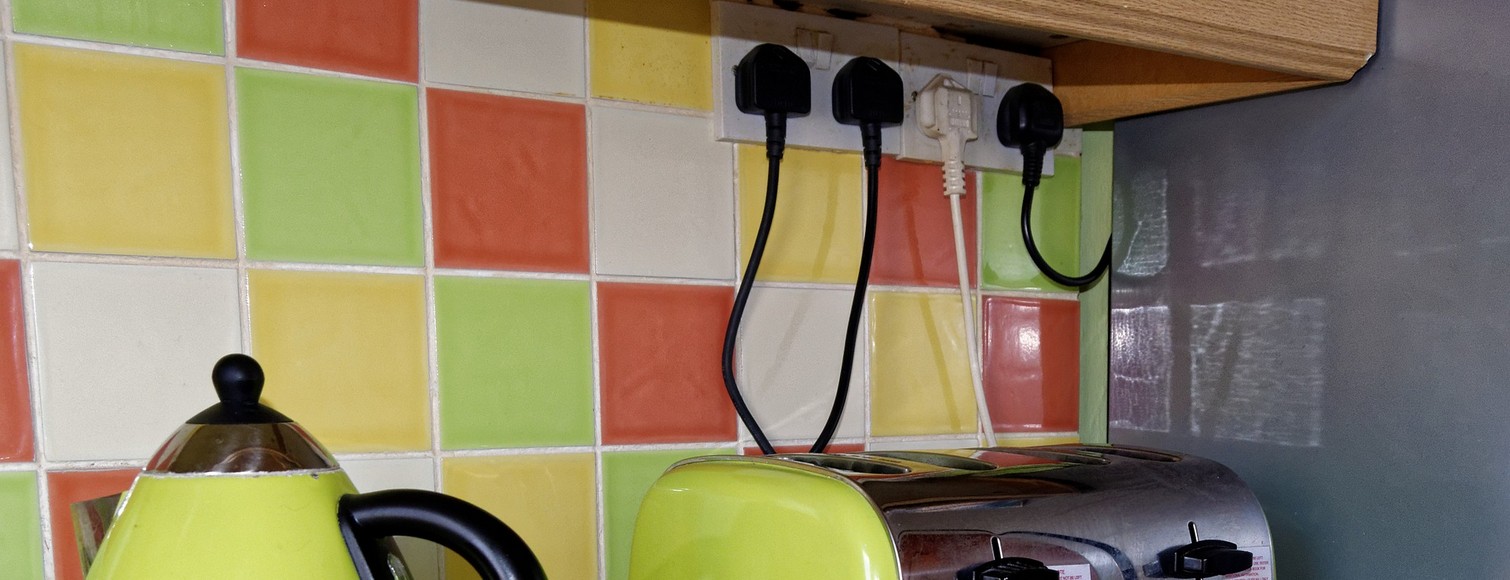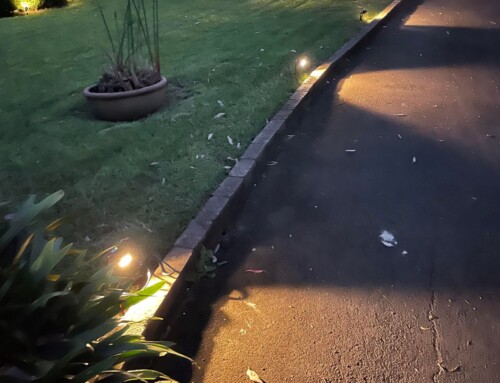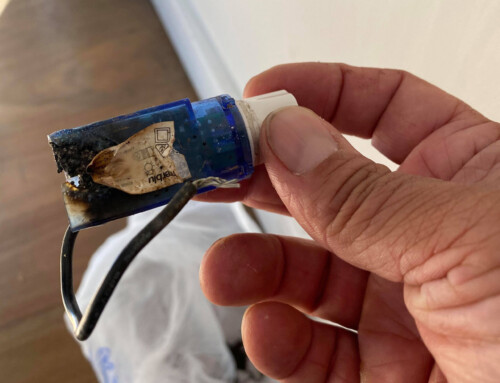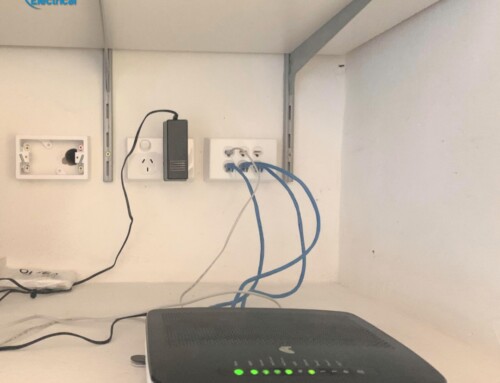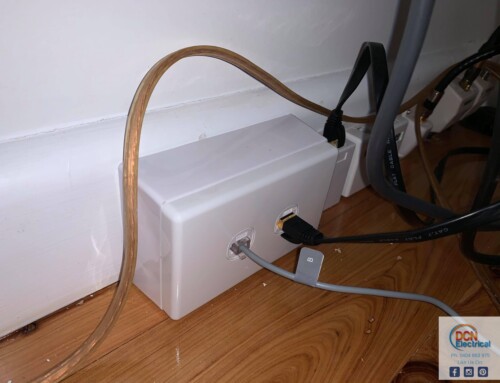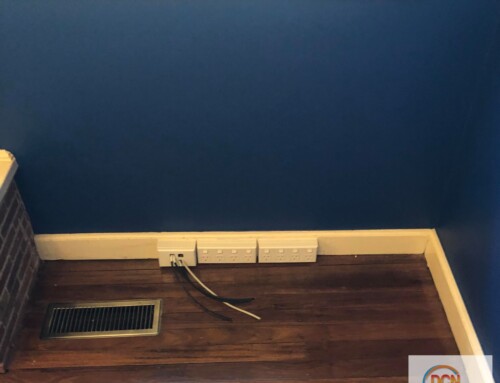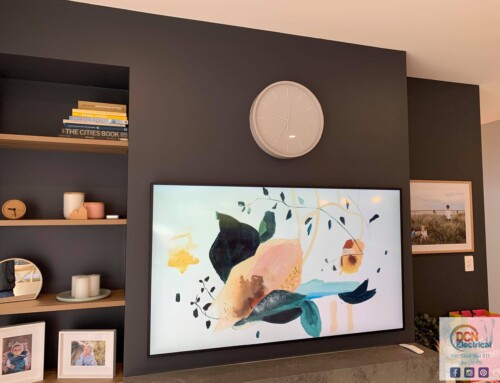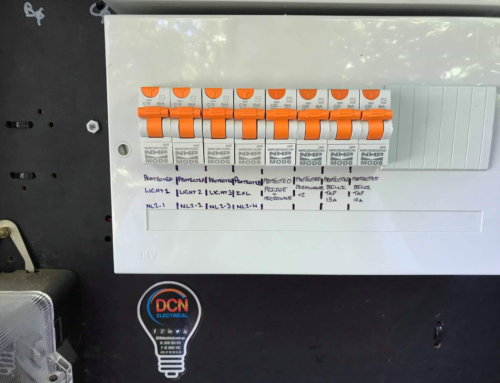On a daily routine, every one of us interacts with multiple electrical appliances and devices, but do you think about your safety using them? With these electrical devices being so prevalent in homes, there is a higher tendency of forgetting the risks and hazards associated with their use. Be sure to take time brushing up various principles of safe usage and let every member of your family be familiar with these.
Safety rules are easy to follow while using electrical appliances, cords, electric bulbs and other equipment. All you need is an appropriate awareness and little bit of precautions. Below is a compilation of some safety rules that you should go through and spread the word to everyone you care.
Appliances
- Never bother to go in for appliances that have not been accredited by Standards Australia.
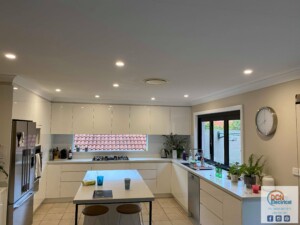
- Remember to unplug any appliance that is not in use and keep it out of children’s reach.
- Appliances used for heat generation purposes e.g. electric heaters, irons and heating rods, should be given appropriate clearance for air circulation. Never place clothes or toys over or near hot appliances.
- Always pursue appliances user’s manuals carefully, and never try amateur upgrades or repairs.
- Place appliances away from water including bathtubs, sinks, pools or any overhead dripping vents.
- Don’t tend to operate any electrical equipment with wet hands or standing barefooted on the floor.
Outlets
Electrical outlets in modern homes are quite exposed and welcoming for kids and pets. Adopt the following methodologies to keep the outlets safe.
- Don’t keep unused outlets open. Instead, try covering them with solid plates or use childproof caps to avert any damage to kids.
- Avoid overloading the outlets with a lot of power lines and adapters.
- Always insert plugs and adapters into an outlet that are of supported size and weight.
Cords
Cords are typically used to extend the range of electrical outlets. Following tips can help you keep the cords in good condition and safe.
- Keep a regular check on the cords for any kinks or cracks, frays and burns to avoid unwanted incidents.
- Make sure the cords grip firmly on the outlets. If a cord is loose and is not plugged in fully, try replacing the outlet.
- Don’t practice a regular use of extension cords at home. They are just a temporary solution and their use should be minimized as much as possible.
- Use a size and weight of the extension cord that suits the requirement and use. Make sure that the cord is rated for indoor or outdoor usage, whichever you intend.
- Never place the cord-outlet joint at a place much exposed to children and pets. Also keep these joints from wet places including bathtubs, bathrooms, pools and sinks.
If you are unsure about any electrical equipment in your home or if your safety switches are working, please contact Damien on 0404 863 975 to discuss the safety of your home appliances.

